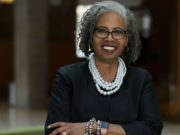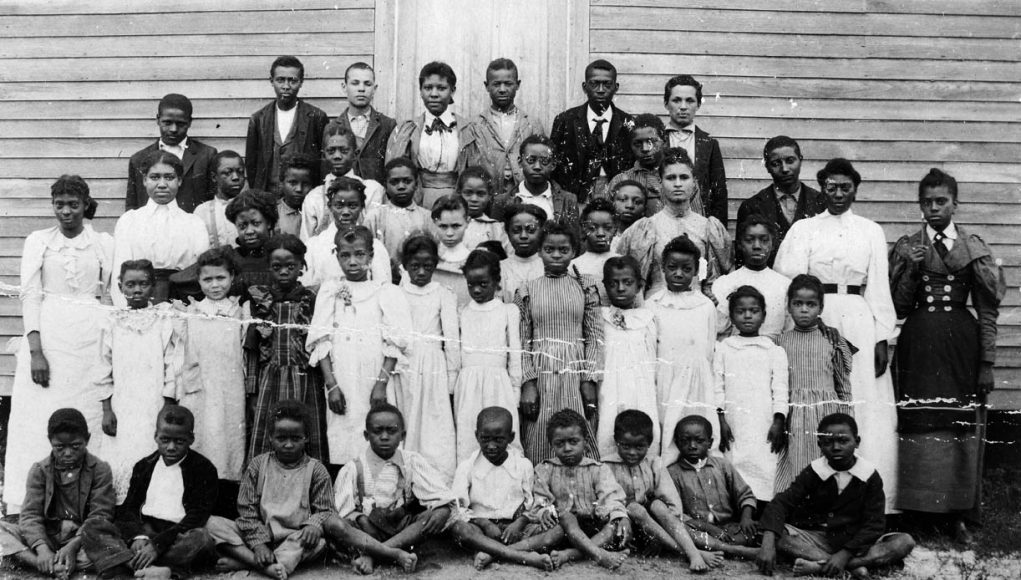It’s not a well-known fact, but many records do exist for researching African American genealogy. Some of these records are similar to those of European Americans, but African American sources often diverge as American history is full of prejudice, discrimination, and exclusionism.
It can seem like a daunting task to research your genealogy, but the Wisconsin Historical Society is planning on hosting an African American Genealogy Workshop on Saturday, Oct. 22 to help make it easier.
“This will be the fourth African American workshop that we have held,” Lori Bessler, reference librarian at the Wisconsin Historical Society, tells Madison365. “The goal is to provide guidance for anybody who has any kind of African American background as to where the records are located and as to what search strategies are necessary to research. Many times that is required because the paper trail goes cold very quick in a lot of cases.”

The African American Genealogy Workshop will feature a full day of lectures by internationally known speaker Tony Burroughs, founder and CEO of the Center for Black Genealogy, who will help people get through those brick walls that tend to come up pretty quick for people as they begin the searches of their own genealogy. Burrough’s book “Black Roots: A Beginners Guide to Tracing the African American Family Tree “(Simon and Schuster, 2001) was number one on Essence Magazine’s Best Seller list and is now in its fifth printing.
“There are many aspects to researching the history of African-American ancestors and many strategies that can be used to uncover more information about elusive ancestors who were not well documented in mainstream records,” says Bessler. “It’s a journey … but it’s a journey well worth taking because I believe that researching your family history just sheds more light on who you are and where you are coming from. Uncovering those stories that are good, bad, and ugly are all part of the process. Those stories are hidden in so many places, not just online but in institutions. Explaining where the records are kept and how you use those records are vital.”

Bessler’s staff at the Wisconsin Historical Society helps people every day on that journey. The Wisconsin Historical Society, founded in 1846, ranks as one of the largest, most active and most diversified state historical societies in the nation. As both a state agency and a private membership organization, its mission is to help people connect to the past by collecting, preserving and sharing stories. The Wisconsin Historical Society serves millions of people every year through a wide range of sites, programs and services.
“It’s a treasure hiding in the backyard of Madison. It’s one of the top-5 genealogical and local history collections in the country,” Bessler says. “Our scope is the United States and Canada which is a phenomenal collecting policy that we’ve had since the 1850s. Our collection is just tremendous here.”
The Wisconsin Historical Society’s African American Genealogy Workshop will provide valuable direction on collections that can be used and how to use them to research African American ancestors. The year 1870 has often been noted as a critical date for researchers of African American genealogy as it represents the beginning of an extremely difficult research period: the pre-1870 world of enslaved African Americans.
“We always think that the Civil War is a dead end for African Americans but it really isn’t,” Bessler says. “There are a lot of cases that have been brought up through TV shows like Who Do You Think You Are? and Finding Your Roots that you actually go back through and actually find three people of color and be able to find more of a paper trail because they are free.
“If they are going up through the north for a period of time there may be more of a paper trail to cover,” she adds. “The paper trail in the south can be interesting as well because of the fact that you have slavery, of course, pre-Civil War. One of the strategies that these shows have done very well for explaining is going through the white families’ paper trail to identify the information about the black side of the family.”
Bessler says it’s not always how far back you can go but how far out. “Sometimes you can get more of the story that way with information about the aunts and uncles and by understanding the more current generations more deeply and uncovering more stories there to shed more light on your own family,” she says.

Helping you to sort this all out and more at the African-American Genealogy Workshop will be Tony Burroughs, an internationally known genealogist who taught genealogy at Chicago State University for 15 years. Burroughs researched Olympic Gold Medal sprint champion Michael Johnson’s family history and consulted on the Reverend Al Sharpton-Strom Thurmond genealogy; the Oprah Winfrey genealogy; “African American Lives2; Who Do You Think You Are; The Real Family of Jesus”; and has consulted with Chicago Public Schools, New York Public Schools, and Ancestry.com.
“Tony Burroughs actually spoke at the first conference that we held and he was excellent,” Bessler says. “He’s an awesome speaker. He has such a way of telling stories that is very interesting and he has such a passion for human history. He’s a great entertainer and so very knowledgeable.”




























